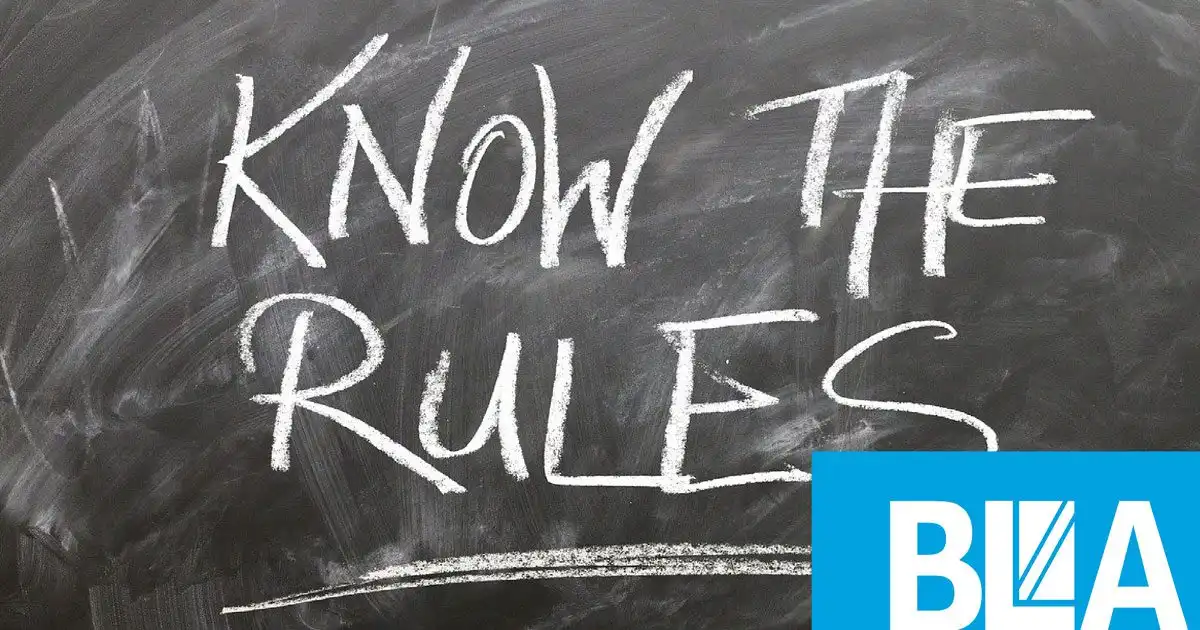What is a CCJ
A CCJ—County Court Judgment—is a court order sometimes issued against a defendant who cannot repay their debts.
It is one-way creditors can use to try recoup money from someone who has failed to pay back a debt.
If a CCJ is issued against you, it will be recorded, with some exceptions, on the Register of Judgements, Orders and Fines.
Below we explain this register, who uses it, and what you might need to know if you find yourself on it.
What is the CCJ Register?
The Register of Judgements, Orders and Fines (sometimes referred to simply as ‘the CCJ Register’) is a public register that contains details on people who have had County Court Judgments issued against them.
It is maintained by The Registry Trust on behalf of the Ministry of Justice and is available to search online.
The register contains the name and address of the individual concerned, as well as the case and court number of the particular order.
It will also include the sum of money involved, and once the case has been resolved, it will be updated to reflect this fact.
The register does not hold any information on the claimant; this information is only available to the defendant via the court that issued the judgment.
If payment is made within one month of the judgment, all details will be removed from the register.
CCJs can also be cancelled or ‘set aside’ if it can be shown that they were issued in error or if it can be proven that the defendant was not aware of the CCJ, for example, because of a missing letter.
Repayments can also be made in instalments rather than as a lump sum.
Why are Tenants CCJ’s Not Usually Registered?
The Registry Trust Ltd is contracted to the Ministry of Justice to maintain the public register of CCJ’s (and other orders and fines) for England and Wales, this enables other credit reference agencies, such as Experian, to update their data and provide up to date credit checks.
Although many CCJs are registered with the Registry Trust Ltd, certain judgements are not, which means many debtors can pass credit checks without their CCJ showing.
Under the Register of Judgements, Orders and Fines Regulations 2005, a CCJ obtained through possession proceedings will not be registered with The Registry Trust Ltd.
The consequence is that when carrying out credit checks on prospective tenants, you cannot be certain if the report is accurate regarding previous CCJs.
Increasing Accuracy of Credit Checks
The BLA (British Landlords Association) is launching a database of CCJs obtained through possession proceedings. It is the first database of its kind and runs parallel to credit checks carried out via the BLA.
The data the BLA holds is obtained from us, Landlord Advice UK, and other leading eviction companies. Different firms and individual landlords are also welcome to provide the required information to update the database.
Source: Mr Sasha Charles –Landlord Advice UK
email;[email protected]
Date: 15th of June 2023
How do you serve a valid Section 21 notice?
Trecarrell House Ltd v Patricia Rouncefield landmark case – Gas certificate ruling delivered
Disclaimer:
This post is for general use only and is not intended to offer legal, tax, or investment advice; it may be out of date, incorrect, or maybe a guest post. You are required to seek legal advice from a solicitor before acting on anything written hereinabove.





